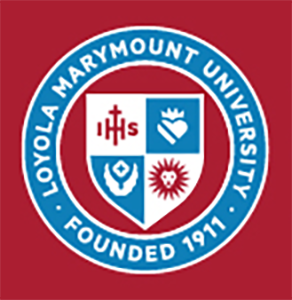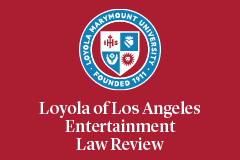Abstract
This Comment discusses renewed support for challenging the National College Athletic Association (NCAA) waivers that bar its student-athletes from receiving compensation as unconscionable in light of the recent Ninth Circuit holding in In re NCAA Student-Athlete Name and Licensing Litigation (In re NCAA Student Athlete). While critics previously debated whether the NCAA waivers are unconscionable, the Ninth Circuit’s holding that student-athletes have a right to publicity strongly suggests that the waivers as they currently stand are no longer enforceable. Part II of this Comment provides a background on the NCAA waivers and Electronic Arts’s (EA) use of the student-athletes’ images in their videogames which lead to the suit. Part III then analyzes the Ninth Circuit decision and finds that although the majority correctly denied EA’s anti-SLAPP motion, it also should have considered the resulting effect that the holding would have on the NCAA waivers. Part IV applies the doctrine of unconscionability to the NCAA waivers, and addresses various counterarguments. Ultimately, this Comment argues the NCAA waivers are procedurally unconscionable because the prospective student-athletes are unfairly surprised, and the student athletes really have no meaningful choice to play elsewhere. Also, the NCAA waivers are substantively unconscionable because the NCAA and member schools retain the sole right to profit from the student-athletes’ likeness. Part V concludes by acknowledging that while unconscionability is still difficult to establish, In re NCAA Student-Athlete opened the door for student-athletes to successfully proceed by arguing that the clauses are unconscionable under contract law.
Recommended Citation
Jennifer Hinds,
The One-Sided Games Of The NCAA: How In re NCAA Student-Athlete Levels The Playing Field,
35 Loy. L.A. Ent. L. Rev. 95
(2015).
Available at: https://digitalcommons.lmu.edu/elr/vol35/iss1/3


